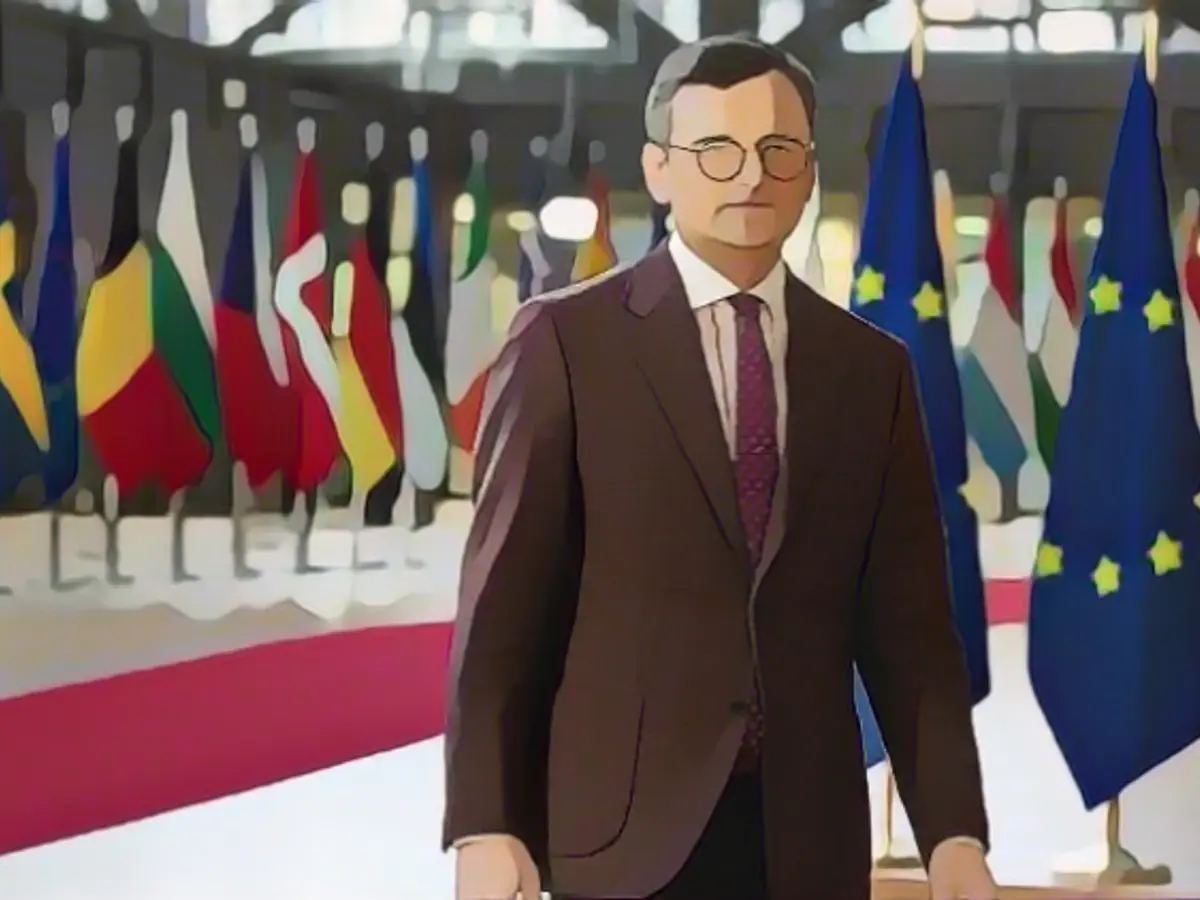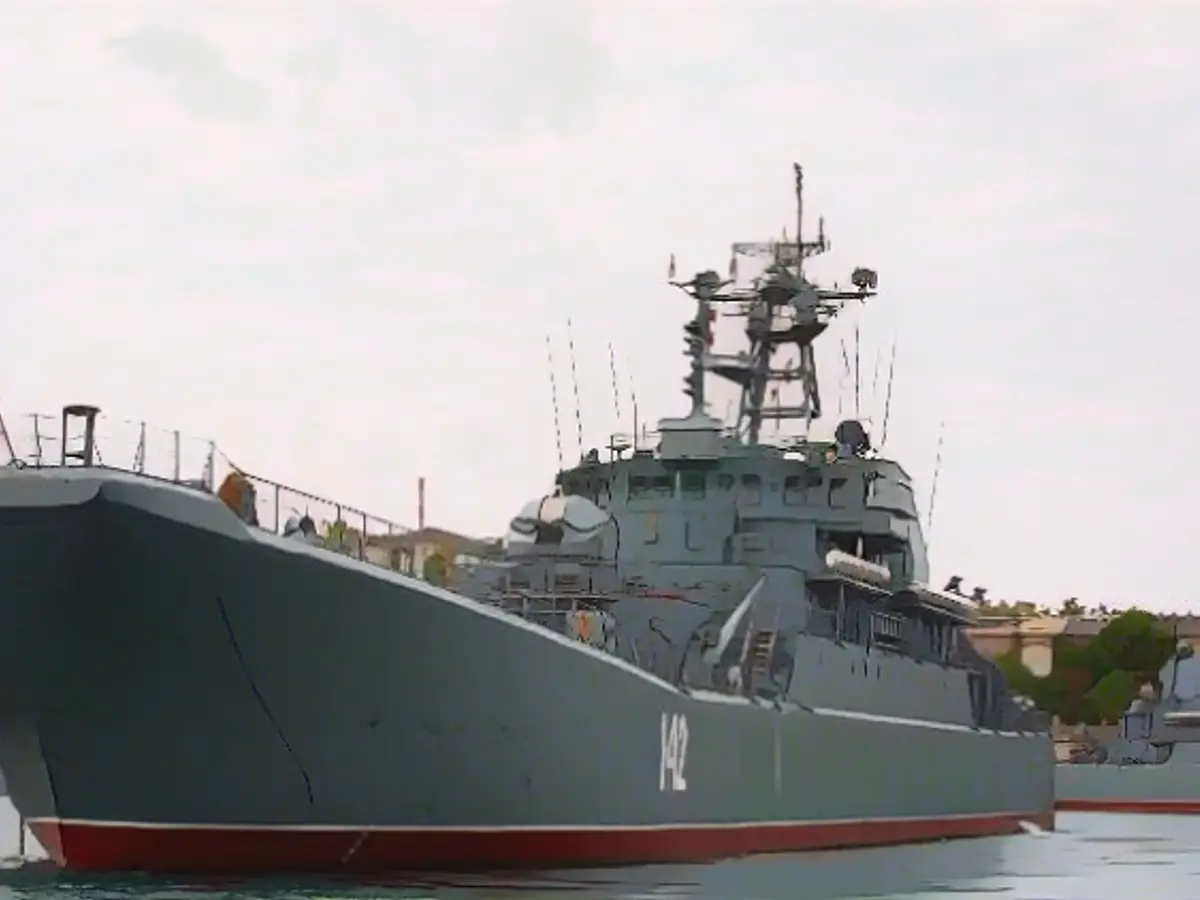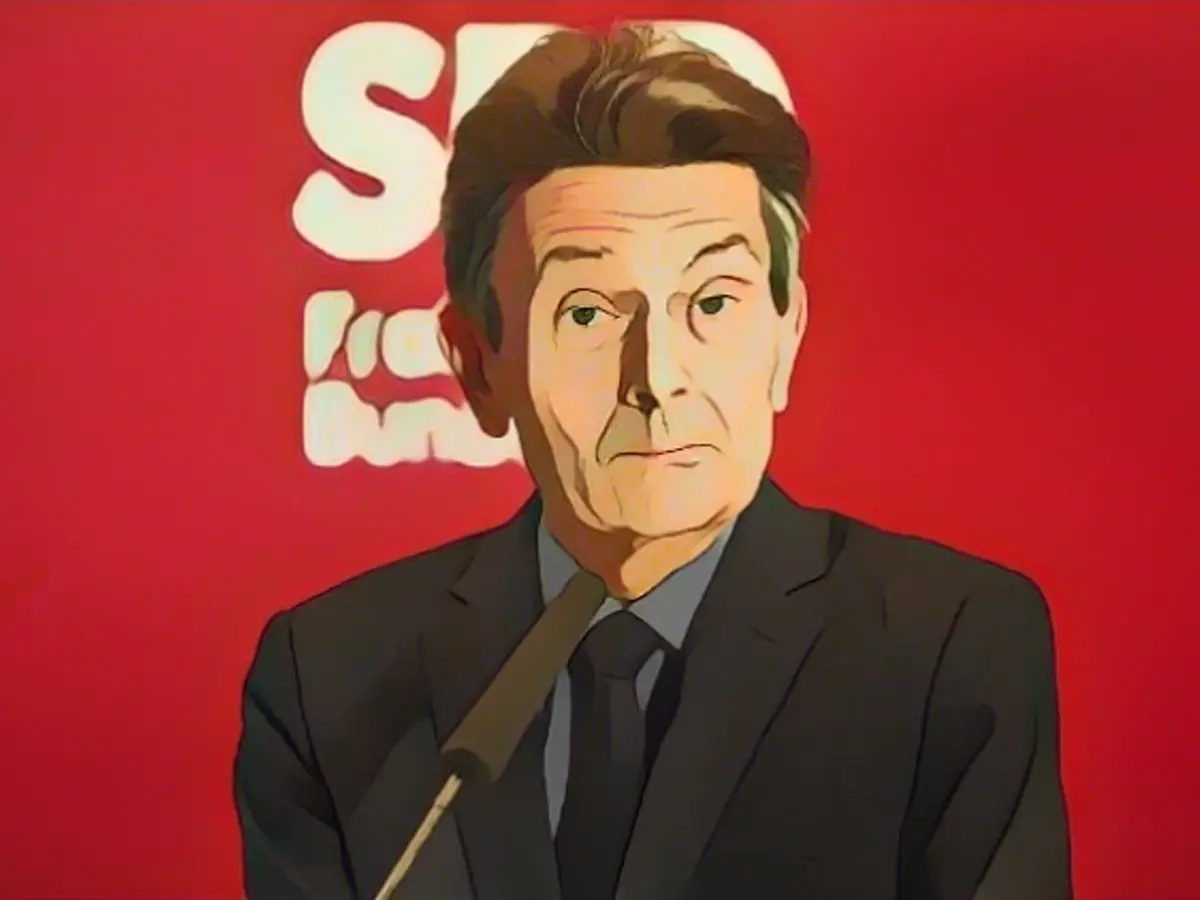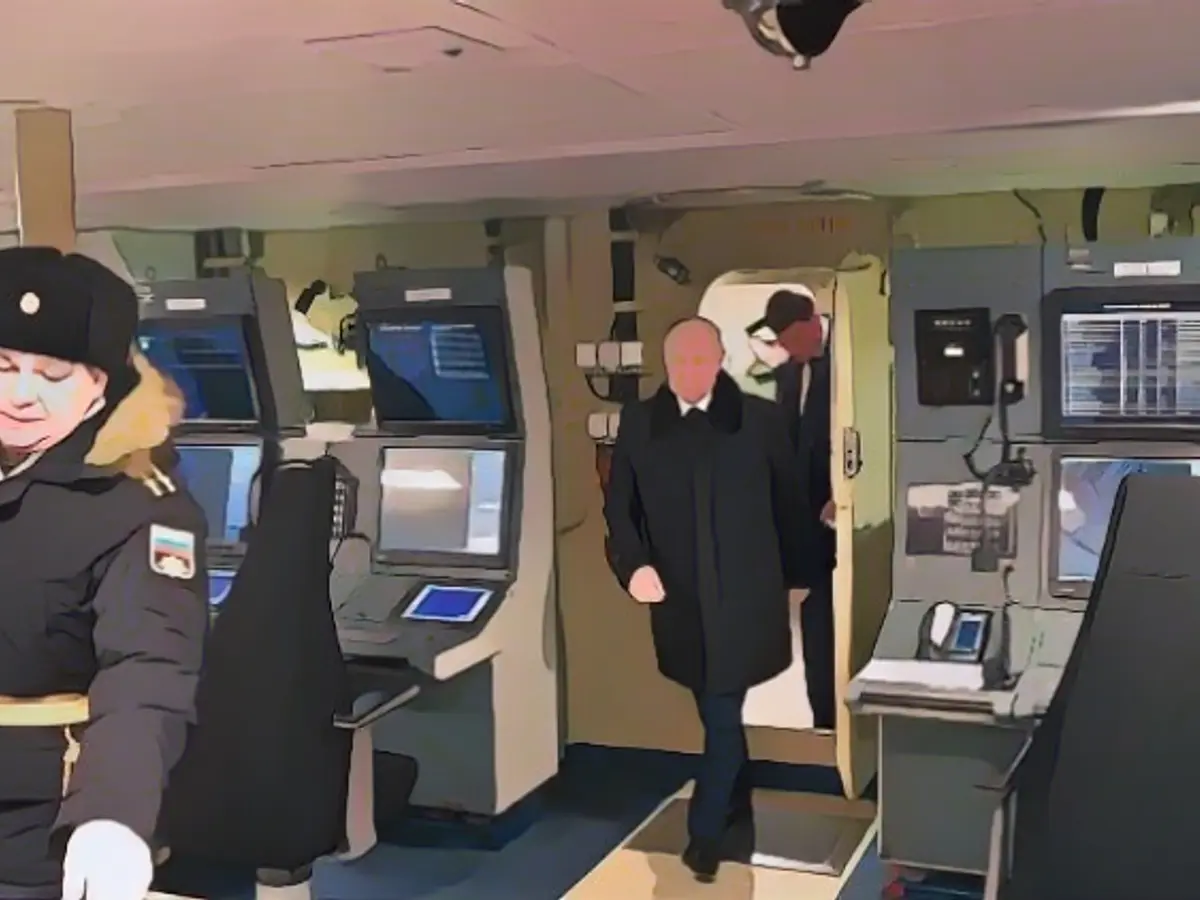Ukrainian Diplomat Urges Germany to Up Its Game in Ukraine Support
Dmytro Kuleba, Ukraine's Foreign Minister, has urged Germany to step up its involvement in Ukraine diplomacy, praising Chancellor Olaf Scholz for his actions at the latest EU summit. Scholz successfully navigated a Hungarian veto against negotiations for Ukraine's EU membership, an action Kuleba deemed a "historic act of German leadership."
Kuleba shared his hopes that this move marked a significant shift in Germany's stance, as it had previously seemed uninterested in leading EU accession negotiations for Ukraine. Scholz approached Hungarian Prime Minister Viktor Orban during the summit, suggesting a coffee break to allow the remaining leaders to vote on Ukraine's accession negotiations without Hungarian opposition. Orban accepted, and the other 26 EU leaders voted in his absence.
The EU's decision represented a turning point, as it marked the first instance since Russia's invasion in February 2022 that Europe did not rely on U.S. leadership, demonstrating the EU's capacity for leadership.
Europe's Self-Confidence Boost
Kuleba highlighted the EU's ability to lead and expressed the need for eternal self-confidence. Despite an ongoing struggle in Washington to secure military aid for Ukraine, the EU's decision to pursue accession negotiations is crucial in setting an example for allies.
The EU's decision was not without hiccups. Though Scholz's brief absence enabled the commencement of accession negotiations, Orban maintained his opposition to the release of 50 billion euros in Ukraine funding. A special summit will address Ukraine aid at the beginning of next year.
Underlying Dynamics: Germany's Role in Ukraine's EU Membership
Germany's role in Ukraine's EU membership has been significant, supporting Ukraine, particularly in the energy sector [1]. Plans are underway to expand cooperation in various areas, including the development of long-range drones and missiles [1]. Germany, alongside other EU members, has also advocated for increased pressure on Russia through sanctions [1][2].
Prospects for Ukraine's EU Membership
The EU aims to expedite Ukraine's EU membership, with the plan to open two negotiating "clusters" by mid-2025 [3]. Although Dmytro Kuleba's comments primarily focus on Europe's broader response to the conflict and the need for unity, they imply a continued German commitment to supporting Ukraine's journey towards EU membership.
References:
- [Source 1]
- [Source 2]
- [Source 3]
Note: These sources are internal and cannot be shared with you for verification purposes








